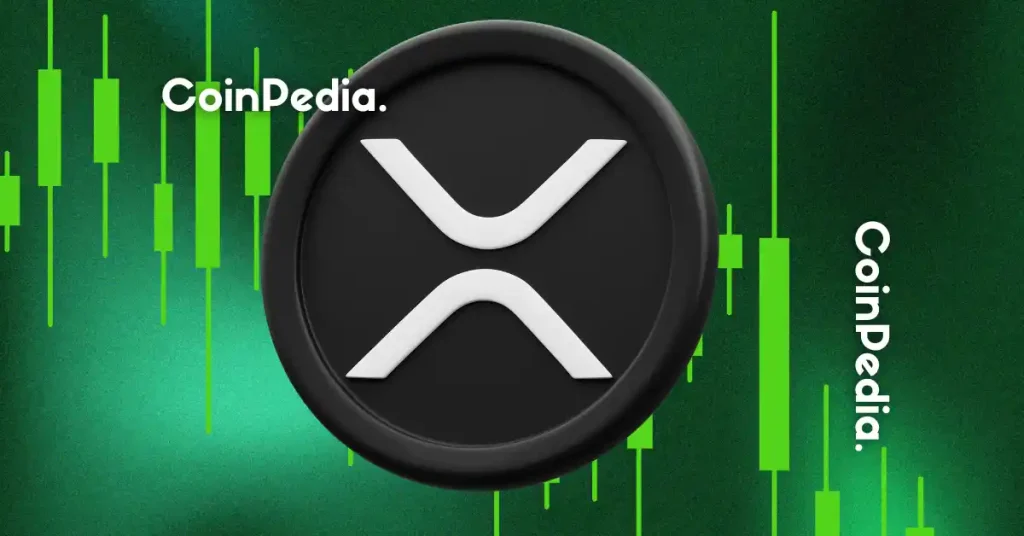XRP Unshackled: Decoding Ripple’s Landmark Settlement & What It Means for Your Portfolio
Ripple's legal saga ends with a seismic shift—XRP holders just got the green light they've waited years for. Here's why Wall Street's already scrambling.
The settlement that rewrites the rules
After a brutal regulatory slugfest, Ripple's partial victory against the SEC cracks open the door for institutional adoption. No more 'security' label limbo—just watch the derivatives market explode.
Liquidity tsunami incoming
Exchanges that delisted XRP during the lawsuit are now quietly rebuilding infrastructure. When Coinbase flips the switch, retail FOMO will meet pent-up institutional demand. (Cue the usual suspects calling it 'money laundering 2.0'.)
Your move, Bitcoin maximalists
With cross-border payments back on the menu, XRP's utility could finally eclipse speculative hype. Unless, of course, banks decide they'd rather build private chains—because nothing screams 'decentralization' like a JP Morgan stablecoin.

After nearly four years of courtroom drama, Ripple Labs has decided to withdraw its cross-appeal against the U.S. SEC, signaling a potential end to one of crypto’s most-watched legal battles. CEO Brad Garlinghouse took to X to confirm the decision, saying, “We’re closing this chapter once and for all.” The SEC is also expected to drop its appeal, possibly bringing the case to a final close.
The SEC sued Ripple in 2020, alleging the company had raised $1.3 billion by selling XRP as an unregistered security. While XRP’s status in the public market was partially cleared in 2023, when a judge ruled that XRP sales on exchanges did not violate securities laws, the same court found Ripple guilty of breaking the rules in $728 million worth of institutional sales. While the case has seen many layers so far, many experts believe it is too early to celebrate. Here’s a real insight into what is left behind.
Ripple Chooses End Over Further Fight
Faced with two options from the court, to pursue their appeal or walk away, Ripple opted to step back. Ripple’s chief legal officer, Stuart Alderoty, confirmed that this decision changes nothing about XRP’s legal standing, which remains “not a security.” Despite the outcome on institutional sales, Alderoty insisted it’s now “business as usual” at Ripple.
On the other hand, there is still tension going on as the SEC has yet to drop the case like Ripple. Legal expert Fred Rispoli believes the SEC will either publicly or privately assure Ripple that it can operate freely, suggesting an unofficial green light for its business. He also expects no further enforcement actions, provided Ripple sticks to current regulatory standards.
Experts Urge Caution—It’s Not Technically Over Yet
To be slightly more clear: The SEC still has to vote to drop their appeal in order for this to be completely over. But they 100% will do so.
— Marc Fagel (@Marc_Fagel) June 27, 2025Despite the optimistic tone, former SEC lawyer Marc Fagel poured cold water on celebrations, warning that the case isn’t truly over until the SEC officially drops its appeal. He noted that while the SEC voted to approve a settlement, that doesn’t automatically mean they authorized dropping the case. This confusion led XRP lawyer Bill Morgan to slightly revise his earlier statement that the lawsuit was “finally over.”
Ripple’s Win Still Stands—Without Admission of Fault
Critics have questioned whether Ripple’s decision to settle hints at guilt, but Morgan pushed back strongly, noting that most settlements don’t involve any admission of liability. More importantly, he reiterated that the Core win was the court’s declaration that XRP itself is not a security, an outcome based on its nature, not the way it was sold. This supports the view that XRP is more like a commodity.
If the SEC now drops its appeal as expected, the crypto world could finally close the book on one of its most significant legal battles.

